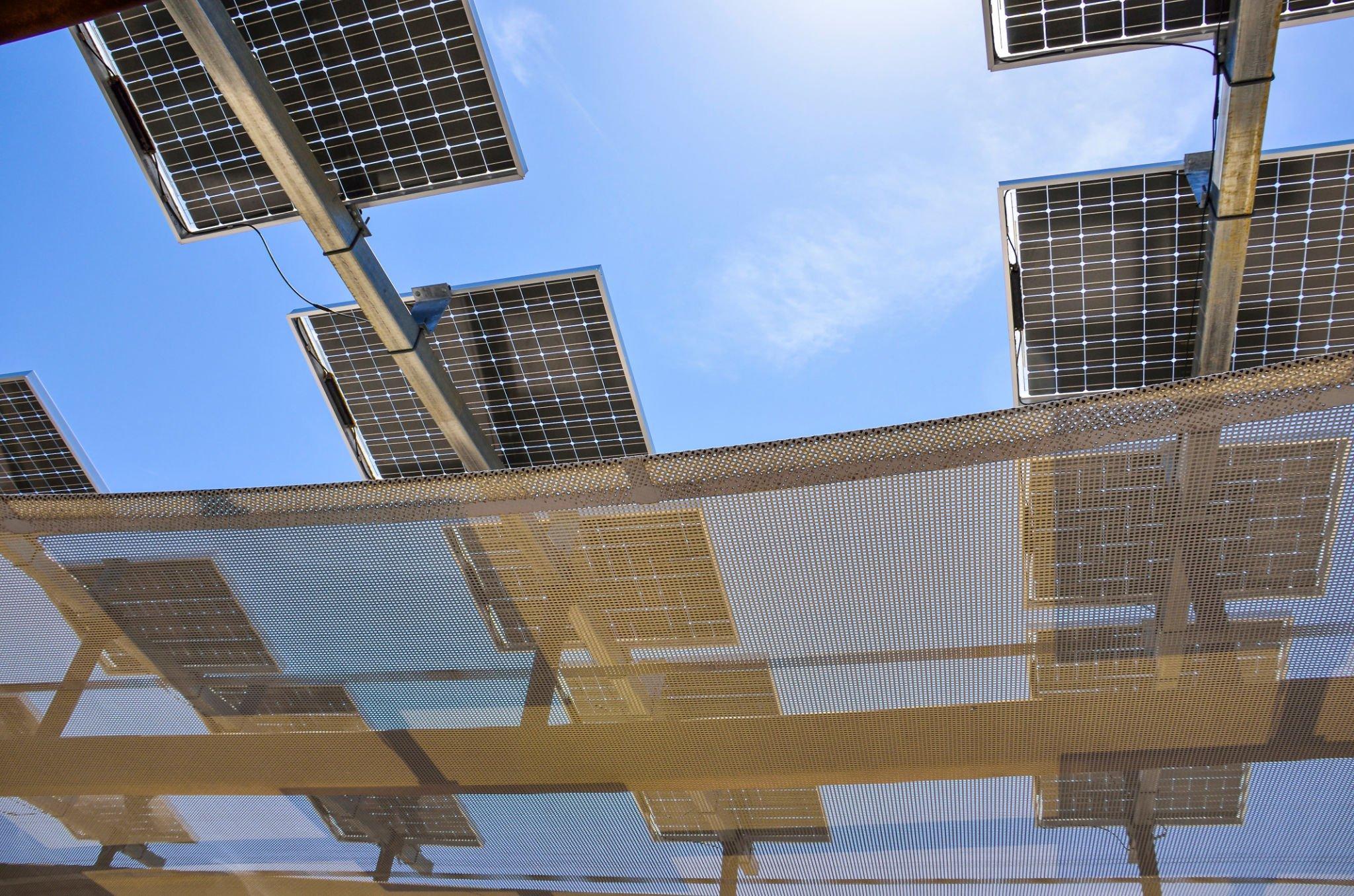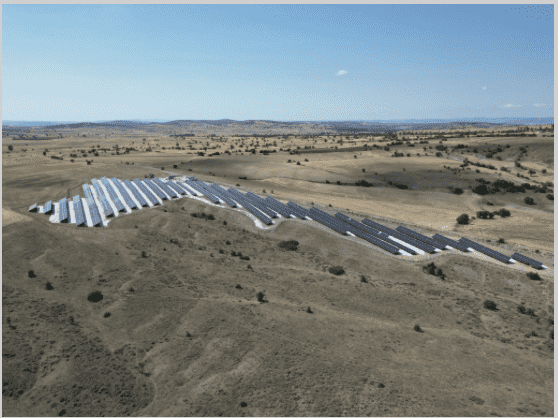
Debunking Common Misconceptions: Unraveling False Facts About Solar Power
Solar power has gained significant traction as a clean and renewable energy source. However, with its growing popularity, misconceptions and false information about solar energy have also emerged. In this blog post, we aim to debunk some common myths and clarify the facts surrounding solar power:
Solar Panels Don’t Work in Cloudy or Cold Climates: Contrary to popular belief, solar panels can still generate electricity on cloudy days and in colder climates. While direct sunlight produces the most energy, even diffused sunlight can be converted into usable electricity. Solar panels are designed to capture photons from sunlight, not heat, making them functional in a variety of weather conditions.
Solar Panels Are Too Expensive: The perception that solar panels are prohibitively expensive is outdated. Over the years, the cost of solar panels has significantly decreased, making them more affordable and accessible for homeowners and businesses. Additionally, numerous government incentives, tax credits, and financing options are available to further offset the initial investment.
Solar Power Is Inconsistent and Unreliable: Solar power is often criticized for its perceived intermittency. However, advancements in energy storage technologies, such as solar batteries, allow excess energy to be stored for later use. Additionally, grid-tied systems can leverage the utility grid as a backup power source when solar production is low. With proper system design and energy management, solar power can provide reliable and consistent electricity.
Solar Panels Require Constant Maintenance: Solar panels are designed to be durable and require minimal maintenance. They are built to withstand various weather conditions, including rain, snow, and hail. Occasional cleaning to remove dust or debris can optimize their performance, but overall, solar panels are known for their long lifespan and low maintenance requirements.
Solar Power Is Only for Warm and Sunny Regions: Solar power is not exclusive to warm and sunny regions. While solar panels perform best in areas with abundant sunlight, they can still produce electricity in regions with less sunshine. Solar systems are designed based on regional climate data, ensuring efficient energy production regardless of location.
Solar Panels Cause Damage to Roofs: When properly installed by trained professionals, solar panels do not damage roofs. In fact, solar panels can provide an additional layer of protection by shielding the roof from harsh elements. Installers use mounting systems that secure panels without compromising the integrity of the roof.
Solar Power Is Inefficient and Can’t Meet Energy Demands: Solar technology has made significant advancements, resulting in highly efficient solar panels. Modern panels have high conversion rates, meaning they can effectively convert sunlight into electricity. Moreover, solar installations can be scaled according to energy demands, allowing homeowners and businesses to meet their electricity needs effectively.
It’s important to rely on accurate information when evaluating the feasibility and benefits of solar power. By dispelling these false facts, we can embrace the true potential of solar energy as a sustainable and reliable source of electricity.
Other News
DATA PROTECTION
WEBSITE COOKIE POLICY
Protecting the privacy of visitors to the website operated by Fellow Energy at (www.fellowsolarenergy.com) is one of our organization’s fundamental principles. This Cookie Usage Policy (“Policy”) explains the types of cookies used and their conditions to all website visitors and users.
Cookies are small text files stored on your computer or mobile device by the websites you visit.
They are commonly used to provide you with a personalized experience while using a website, improve the services offered, and enhance your browsing experience. If you prefer not to use cookies, you can delete or block them through your browser settings. However, please note that this may affect your use of our website. Unless you change your cookie settings in your browser, we will assume that you have accepted the use of cookies on this site.
1. WHAT KIND OF DATA IS PROCESSED IN COOKIES?
Cookies on websites collect data related to your browsing and usage preferences on the device you use to visit the site, depending on the type. This data includes information about the pages you access, the services and products you review, your preferred language selection, and other preferences.
2. WHAT ARE COOKIES AND WHAT ARE THEIR PURPOSES?
Cookies are small text files stored on your device or server by websites you visit through browsers. These small text files, which include your preferred language and other settings, help remember your preferences for your next visit to the site and aid us in making improvements to our services to enhance your experience. This allows you to have a better and personalized user experience during your next visit.
The main purposes of using cookies on our website are listed below:
- To improve the functionality and performance of the website to enhance the services provided to you,
- To enhance the website and offer new features through the website, personalized according to your preferences;
- To ensure the legal and commercial security of the Website, you, and the Institution, and prevent fraudulent transactions through the Site;
- To fulfill legal and contractual obligations, including but not limited to those arising from the Law No. 5651 on the Regulation of Publications Made on the Internet and Combatting Crimes Committed through These Publications and the Regulation on the Procedures and Principles Regarding the Regulation of Publications Made on the Internet.
3. TYPES OF COOKIES USED ON OUR WEBSITE
3.1. Session Cookies
Session cookies ensure the proper functioning of the website during your visit. They are used for purposes such as ensuring the security and continuity of our sites and your visit. Session cookies are temporary cookies that are deleted when you close your browser, and they are not permanent.
3.2. Persistent Cookies
These cookies are used to remember your preferences and are stored on your device through browsers. Persistent cookies remain even after you close your browser or restart your computer. These cookies are stored in your browser’s subfolders until they are deleted from your browser settings.
Some types of persistent cookies can be used to offer personalized recommendations based on your purpose of using the Internet Site.
Persistent cookies allow us to determine if a cookie created by our Internet Site exists on your device when you visit our Internet Site again with the same device. If it exists, we understand that you have previously visited the site, and the content that will be delivered to you is determined accordingly, thus providing you with better service.
3.3. Necessary/Technical Cookies
These are essential cookies for the proper functioning of the visited website, ensuring necessary services by allowing access to secure sections of the website, using its features, and navigating through it.
3.4. Analytical Cookies
These cookies collect information about how the website is used, including the frequency and number of visits, and show how visitors arrive at the site. The purpose of using these cookies is to improve the functioning of the website, enhance performance, and determine general trends. They do not contain data that can identify visitors. For example, they may show the number of error messages displayed or the most visited pages.
3.5. Functional Cookies
These cookies remember the choices made by visitors within the site, ensuring convenience for the next visit. The purpose of these cookies is to provide ease of use for visitors. For instance, they prevent the need for the site user to re-enter their password on each page they visit.
3.6. Targeting/Advertising Cookies
They measure the effectiveness of the displayed advertisements and calculate how many times advertisements are viewed. These cookies aim to present personalized advertisements according to the interests of visitors.
Likewise, they identify specific interests in the navigation of visitors and present suitable content. For instance, they prevent the same ad from being shown to a visitor in a short period.
4. HOW TO MANAGE COOKIE PREFERENCES?
You can change your preferences regarding cookie usage, block or delete cookies by changing your browser settings.
Many browsers offer options to accept or reject cookies, accept only certain types of cookies, or receive a warning from the browser when a website requests to store cookies on your device.
Furthermore, it is possible to delete previously stored cookies from your browser.
If you disable or reject cookies, you may need to manually adjust certain preferences, and some features and services on the website may not function properly as we won’t be able to recognize and associate your account. You can change your browser settings by clicking on the relevant link from the table below.
5. EFFECTIVENESS OF THE WEBSITE PRIVACY POLICY
The Internet Site Privacy Policy is dated 15/08/2023. If the entire Policy or specific articles are renewed, the effective date of the Policy will be updated. The Privacy Policy is published on the Institution’s website (www.fellowsolarenergy.com) and is made accessible to the relevant individuals upon their request.



